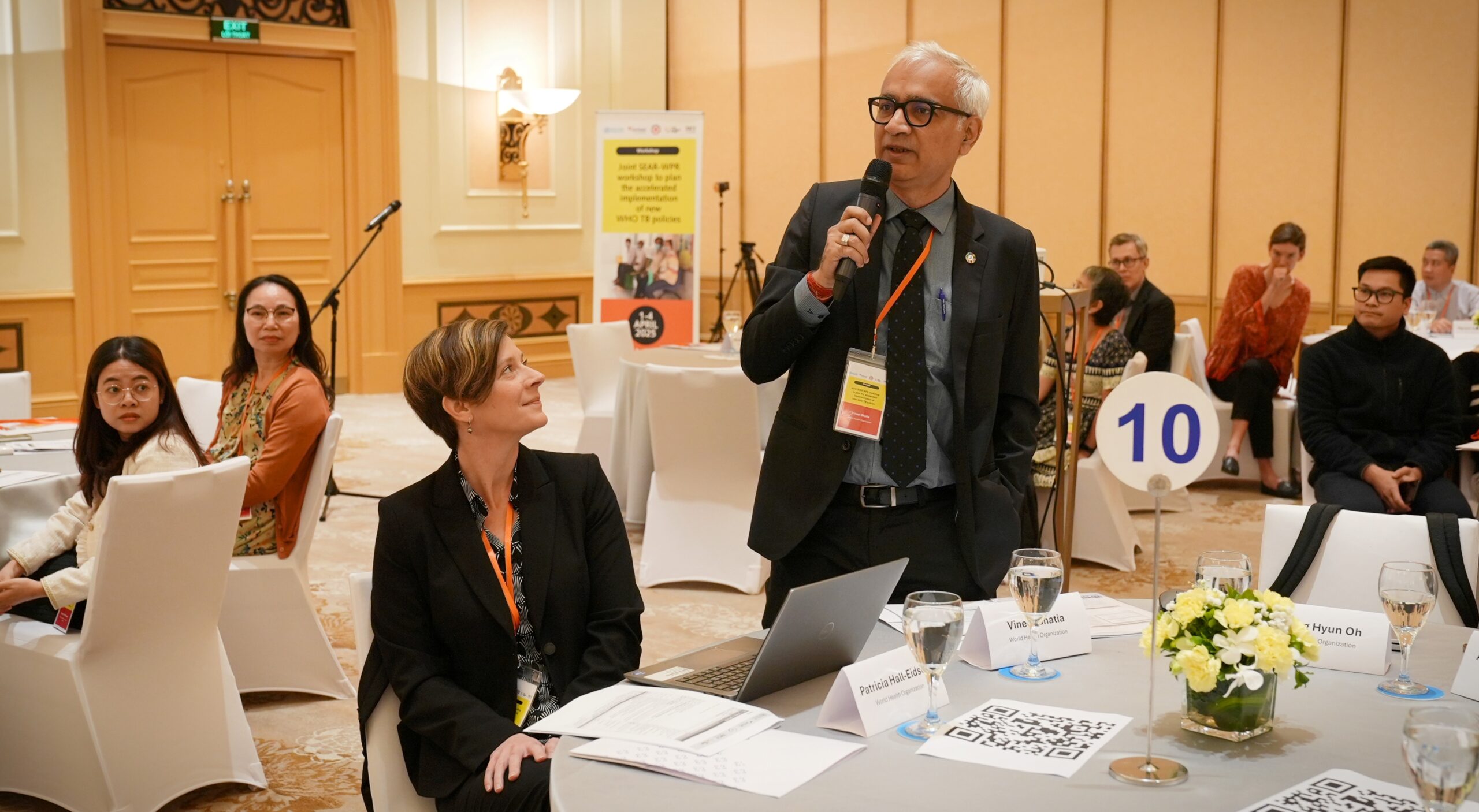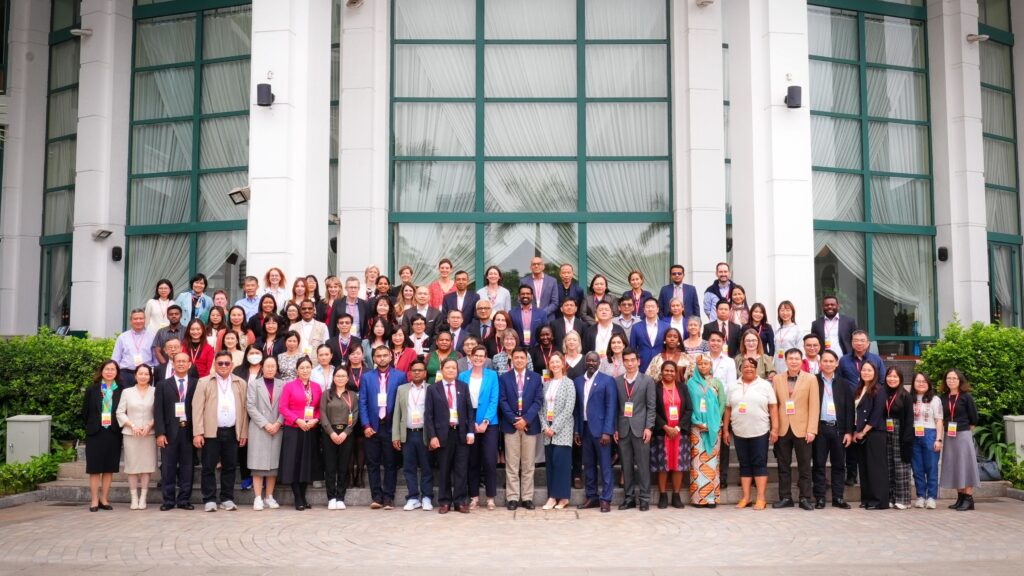Every year around half a million people develop Rifampicin Resistant/Multidrug Resistant tuberculosis (RR/MDR-TB). Today, RR/MDR-TB is a massive public health and societal burden. According to the latest World Health Organization (WHO) Global TB Report (2024), the incidence of RR/MDR-TB reaches over 165,400 people in the WHO South East Asia Region, and over 74,400 in the WHO Western Pacific Region.
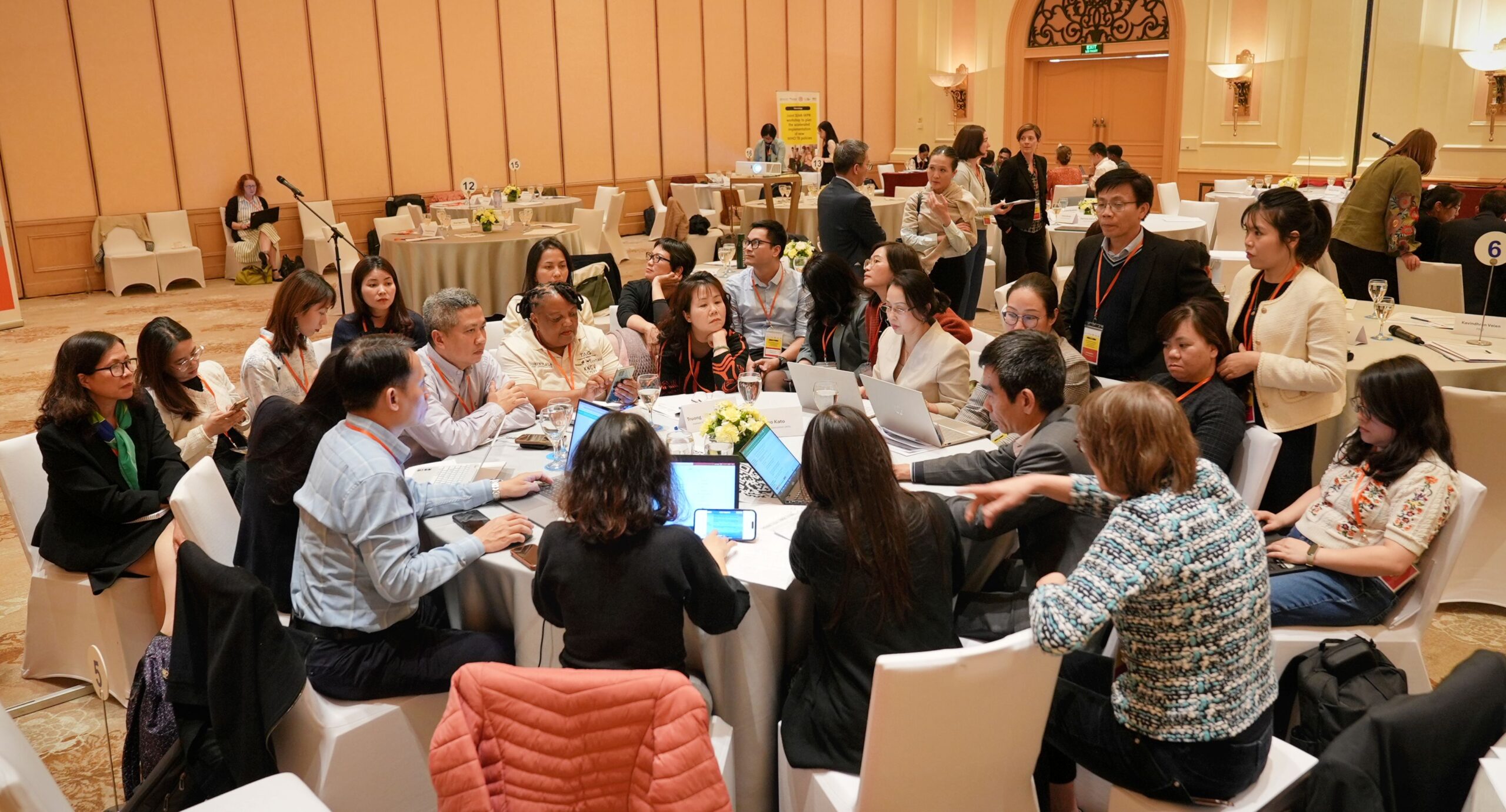
Currently, the standard implemented treatment regimens are long (9-18 months) and the latest update of the WHO guidelines is a game-changer for shorter, safer, all-oral and more effective DR-TB treatment.
About the Workshop
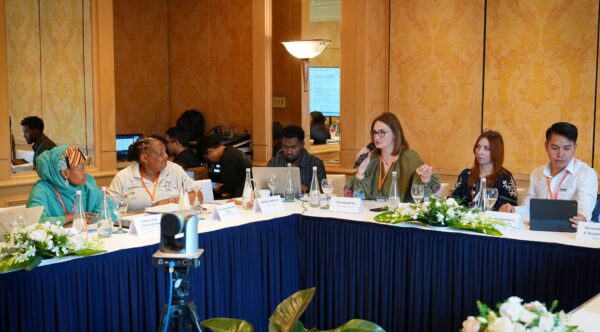
Together with WHO South East Asia/Western Pacific Regions (WHO SEAR/WPR), the National TB Programme in Viet Nam, Unitaid, the Global Fund, and KNCV TB Plus, a 4-day workshop was held providing an opportunity for interest-holders from the region to share their experiences and discuss the ways of overcoming barriers to programmatic introduction.
The workshop took place in Hanoi, Viet Nam from April 1 to 4, 2025, and was attended by over 80 representatives from different sectors. The primary goal of this workshop was to strengthen and facilitate the rapid and effective implementation of the latest WHO guidelines on the management of DR-TB in the South East Asia and Western Pacific Regions. The knowledge and tools gained during the workshop have the potential to drive tangible progress in the respective regions.
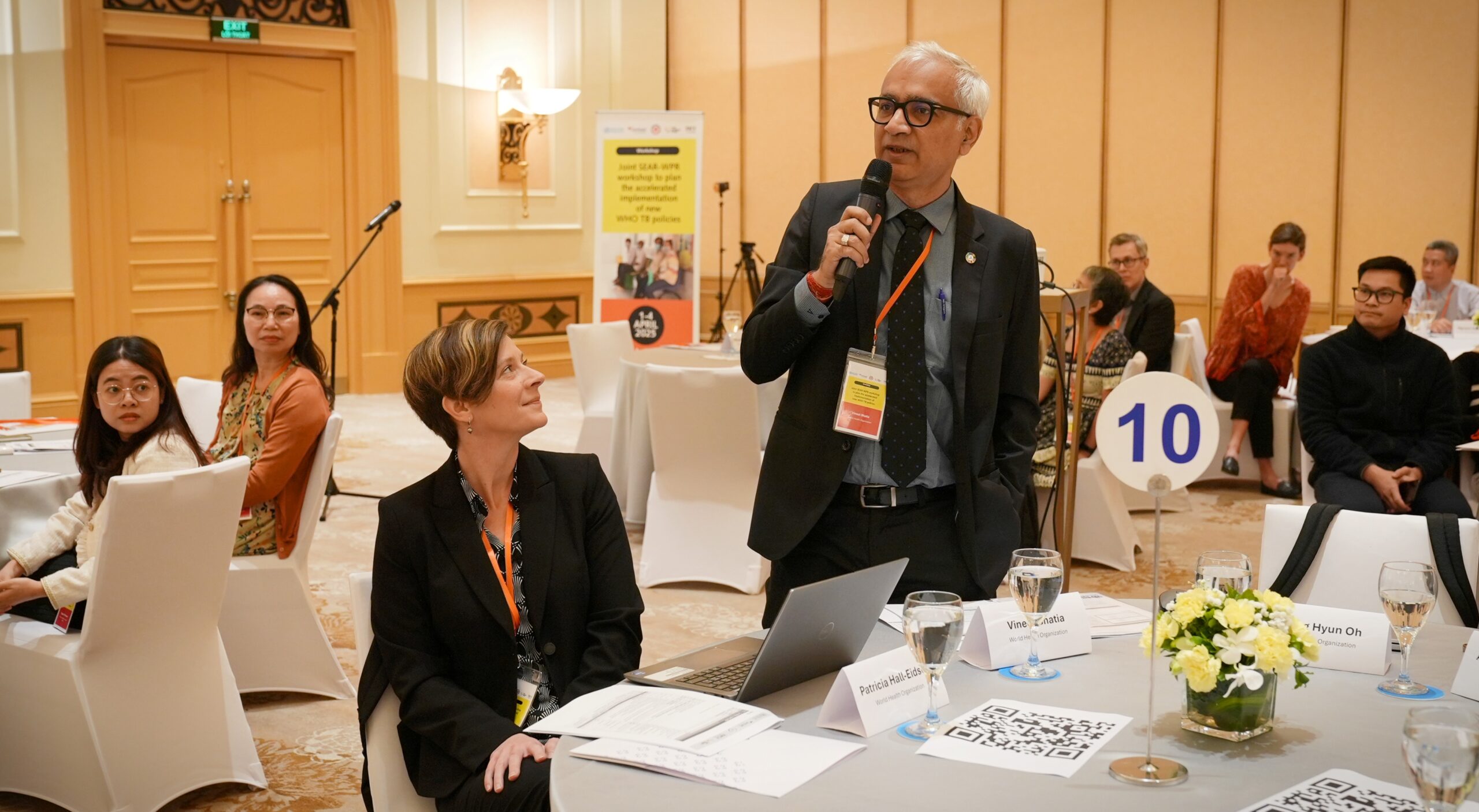
Key sessions covered: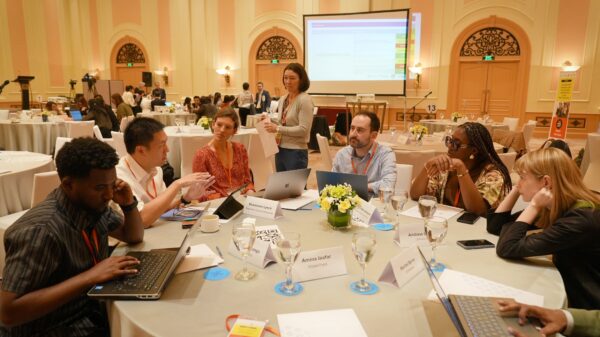
- WHO policy updates;
- Experience with several diagnostic methods (i.e. AI-CAD, Next Generation Sequencing);
- TB preventive treatment (TPT);
- Management of DR-TB in children and adolescents;
- Nutrition and market access;
- Navigating new treatment regimens (BDLLfxC) for DR-TB;
- Monitoring and managing adverse events; and more.
Engaging parallel sessions were attended by TB advocates, civil society and partner organizations working directly with and for the communities affected by TB. In these parallel sessions, among others, KNCV expert, Kathy Fiekert and Paulina Siniatkina, TB survivor, artist and activist engaged in significant conversations around stigma with civil society organizations from 8 countries. Together they discussed the roots of stigma, causes and stigma reduction strategies to shape the public perceptions of TB. Resources and tools deriving from the workshop can be found here.
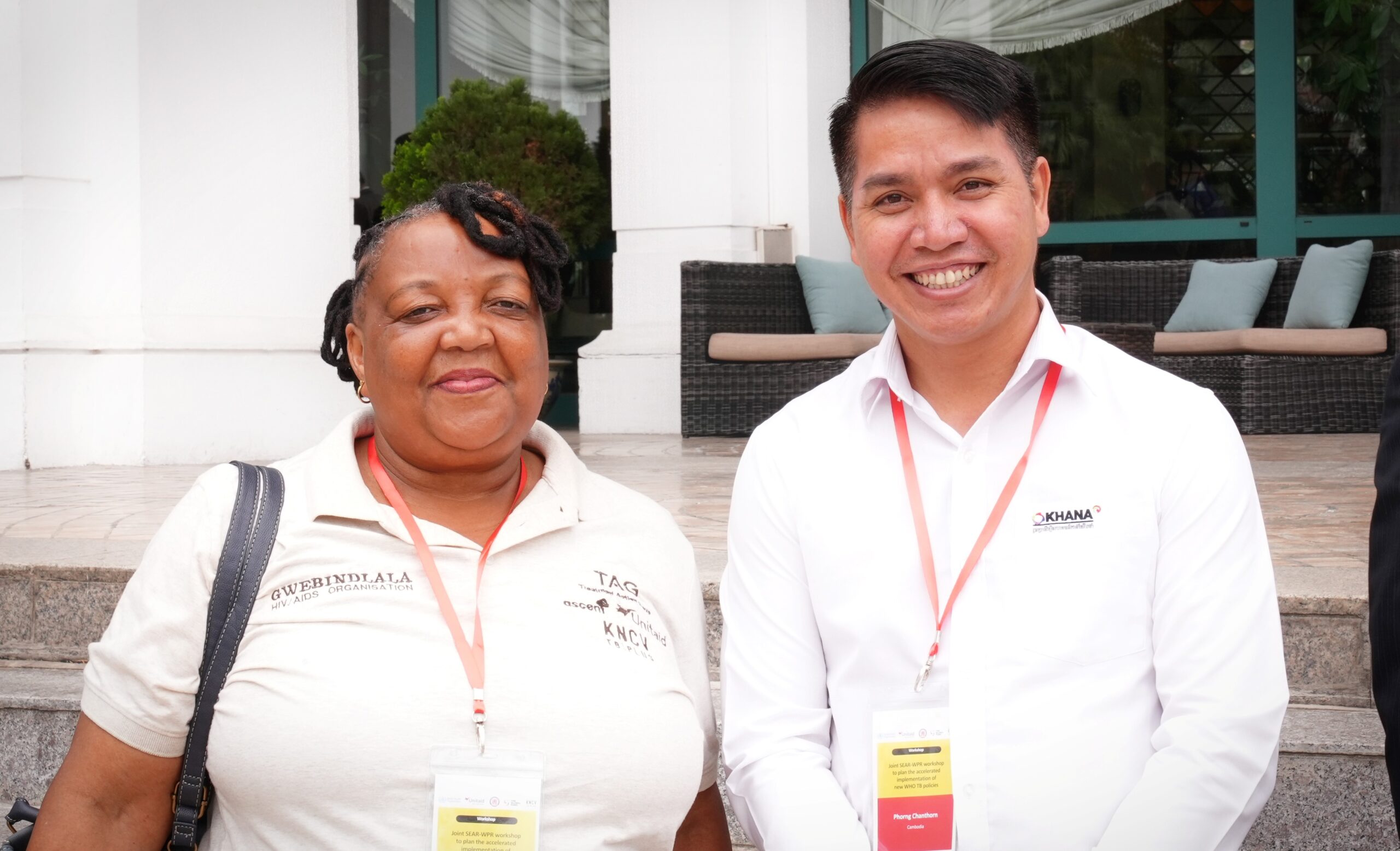
By bringing together key interest-holders, experts, and representatives from participating countries, the workshop concluded aiming to accelerate the adoption of evidence-based practices and enhance programmatic approaches to DR-TB response. With heartfelt gratitude to all participants, co-organizers, and generous supporters, we celebrate the successful conclusion of the workshop laying the groundwork and roadmap for more effective, equitable, and timely DR-TB responses.
Activities executed within this workshop were possible thanks to the Unitaid-funded project ASCENT DR-TB, the continued efforts of the Global Fund in collaboration with the NTPs and the WHO regional offices supporting initiatives to ending TB and strengthening the local and global TB response.
